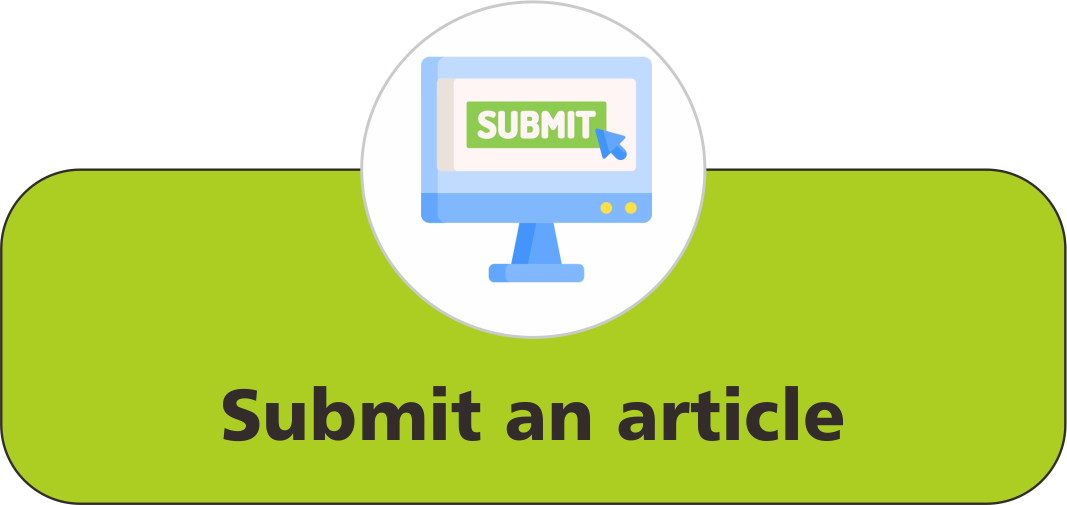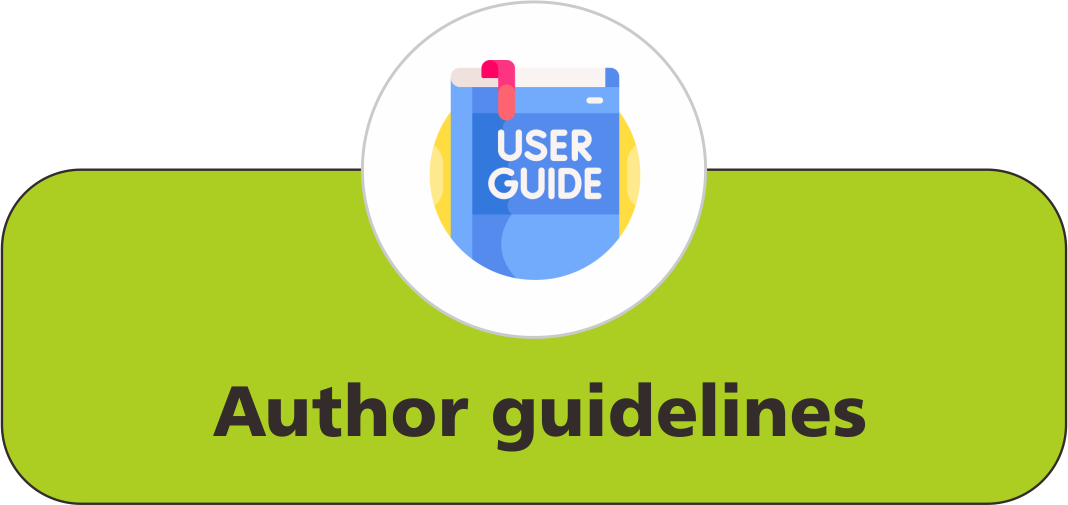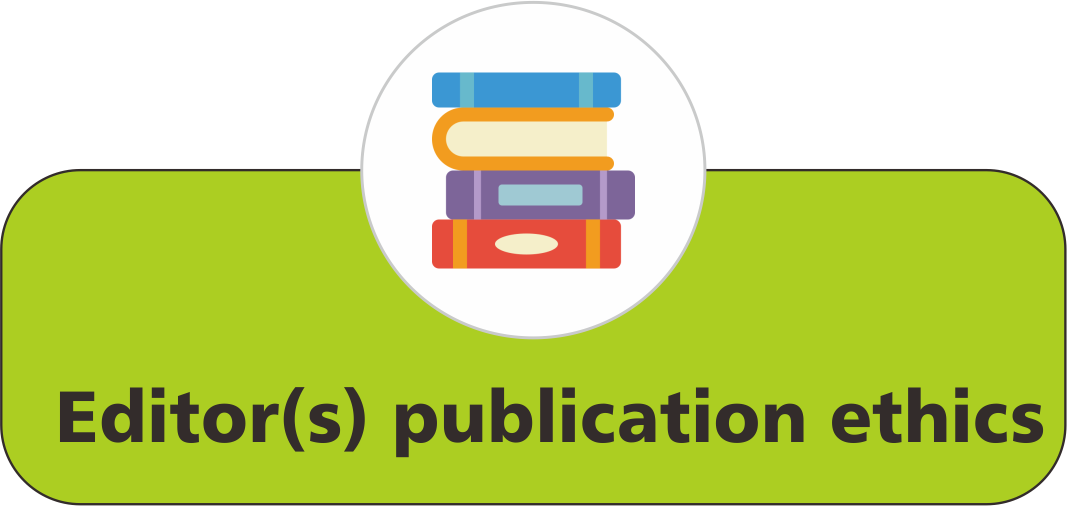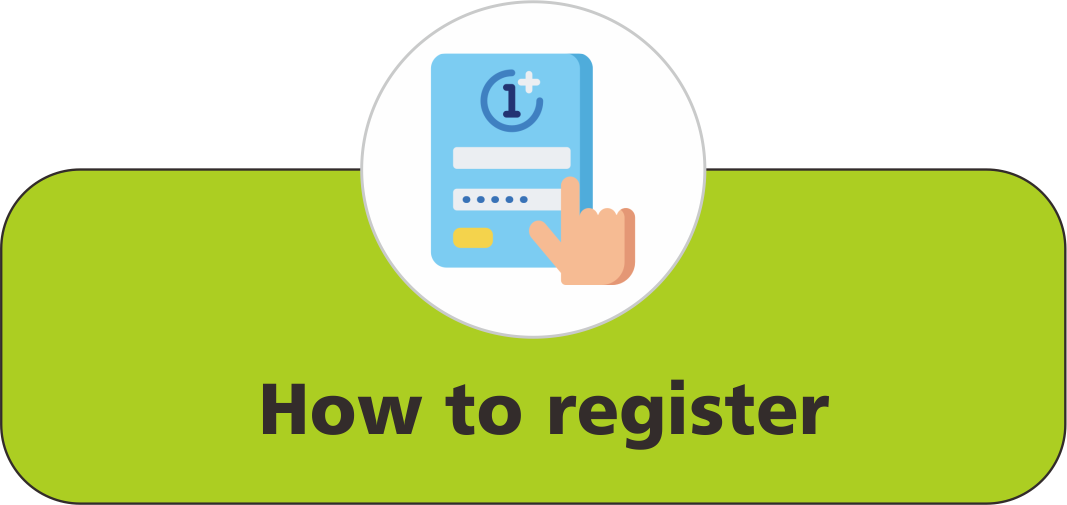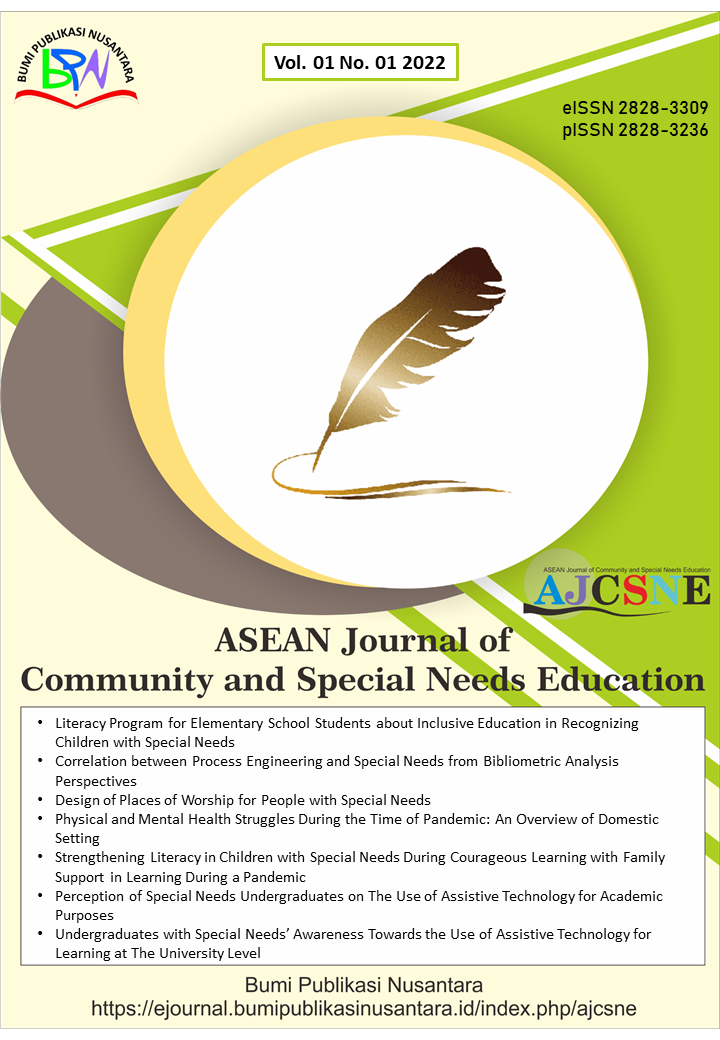Mentoring for Resilience and Mentality: Strengthening the Adversity Quotient of Senior High School Students Toward Sustainable Development Goals (SDGs)
 ),
),
(1) Rufo dela Cruz Integrated School; Mindanao State University
 Corresponding Author
Corresponding Author
Abstract
This study explored the impact of a structured mentoring program on improving the Adversity Quotient (AQ®) of senior high school students at Rufo dela Cruz Integrated School in the Philippines. Implemented during the Discipline and Ideas in Social Sciences (DISS) classes, the one-week program integrated mentoring strategies, reflection activities, and civic responsibility lessons to strengthen students’ resilience, confidence, and coping mechanisms. Using a quasi-experimental design with pre- and post-assessment, the findings revealed a significant enhancement in students’ ability to manage academic and personal challenges after the mentoring intervention. The results affirm that guided mentoring effectively develops learners’ adaptability and emotional strength, fostering positive attitudes toward learning and self-development. This initiative aligns with Sustainable Development Goal 4 (Quality Education) by promoting inclusive and supportive learning environments that empower adolescents to thrive despite adversities.
Keywords
References
Afroogh, S., Esmalian, A., Donaldson, J. P., and Mostafavi, A. (2021). Empathic design in engineering education and practice: An approach for achieving inclusive and effective community resilience. Sustainability, 13(7), 4060.
Arabejo, E. R. (2024). Adversity quotient and teaching performance among public school teachers in the Philippines. Philippine Journal of Educational Research, 15(2), 45–59.
Bandura, A. (2012). On the functional properties of perceived self-efficacy revisited. Journal of Management, 38(1), 9–44.
Chong, S. H., Lee, C. Y., and Loo, L. H. (2020). Mentoring for emotional resilience: The role of reflective dialogue and peer learning. International Journal of Educational Psychology, 9(3), 201–219.
Daud, K. D. (2024). The role of cultural beliefs in shaping marital practices: A study of Mëranao families. ASEAN Journal of Religion, Education, and Society, 3(2), 81-94.
Daud, K. D. (2025a). The Islamic ethos of interfaith socialization: Strengthening community harmony. ASEAN Journal of Community Service and Education, 4(1), 43-58.
Daud, K. D. (2025b). Reconciling Tradition and Islamic Principles: Perspectives of Mëranao Couples on Cultural Divorce. ASEAN Journal of Religion, Education, and Society, 4(2), 153-160.
Daud, K. D. (2026). Niyahah (Wailing) In Muslim Bereavement: Cultural Continuity and Community Perception. ASEAN Journal of Religion, Education, and Society, 5(1), 13-26.
Daud, K. D., and Laguindab, R. S. (2024). Assessment of the potential in halal tourism in the Philippines: The case of the Islamic city in Marawi, Lanao Del Sur, the Philippines. ASEAN Journal of Religion, Education, and Society, 4(1), 1-22.
Ginting, S. S. B. (2024). The role of adversity quotient (AQ) for successful mathematics learning. JPP (Jurnal Pendidikan dan Pembelajaran), 31(2), 91-104.
Juwita, H. R., and Usodo, B. (2020). The role of adversity quotient in the field of education: A review of the literature on educational development. International Journal of Educational Methodology, 6(3), 507–515.
Pong, W. Y., and Lam, P. Y. (2023). Service-learning and adversity quotient development among college students. Journal of Applied Education and Social Studies, 8(2), 88–102.
Safi'i, A., Muttaqin, I., Hamzah, N., Chotimah, C., Junaris, I., & Rifa'i, M. K. (2021). The effect of the adversity quotient on student performance, student learning autonomy and student achievement in the COVID-19 pandemic era: evidence from Indonesia. Heliyon, 7(12), e08510.
Seery, M. D., Holman, E. A., and Silver, R. C. (2021). Whatever does not kill us: Cumulative lifetime adversity and resilience. Psychological Science, 21(4), 345–350.
Tipolo, A. M. (2024). Mentoring for student growth: Enhancing resilience through reflective learning. Philippine Educational Review, 16(1), 67–80.
Van Pham, S. (2024). The influence of social and emotional learning on academic performance, emotional well-being, and implementation strategies: A literature review. Saudi Journal of Humanities and Social Sciences, 9(12), 381-391.
Waghid, Z. (2024). Cultivating critical thinking, social justice awareness and empathy among pre-service teachers through online discussions on global citizenship education. Journal of Creative Communications, 19(1), 74-93.
Wang, F., Zeng, L. M., and King, R. B. (2025). Teacher support for basic needs is associated with socio-emotional skills: a self-determination theory perspective. Social Psychology of Education, 28(1), 76.
Article Metrics
Abstract View : 330 times
: 330 times Download : 149 times
Download : 149 times
Refbacks
- There are currently no refbacks.
Copyright (c) 2025 Bumi Publikasi Nusantara

This work is licensed under a Creative Commons Attribution-ShareAlike 4.0 International License.

